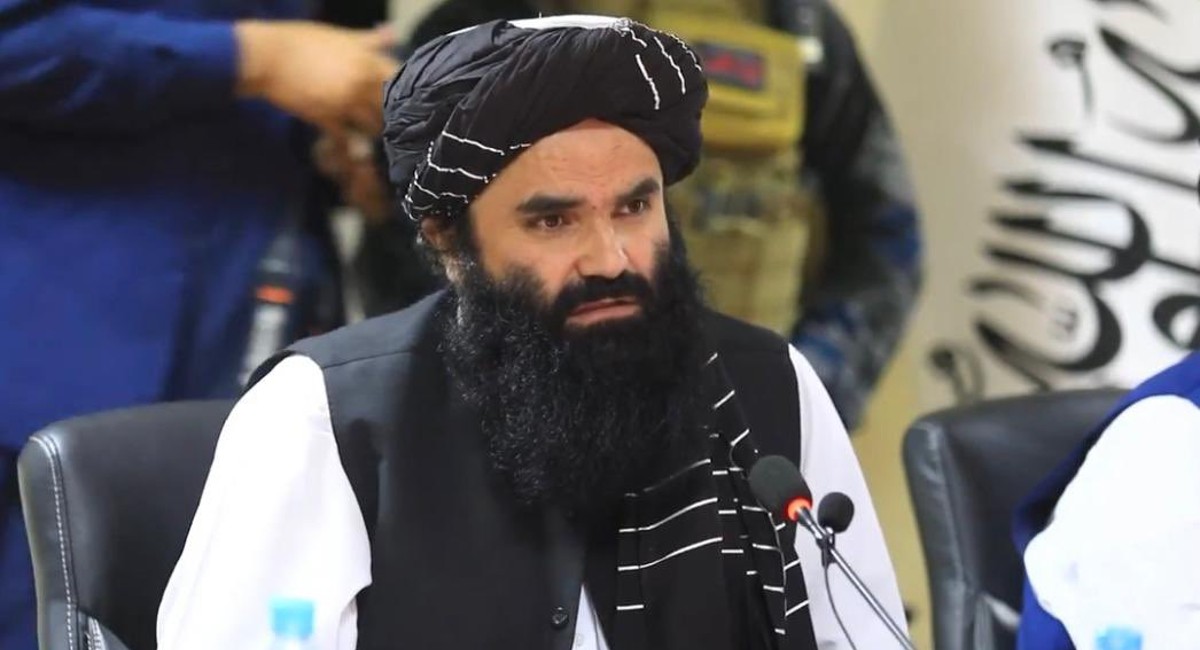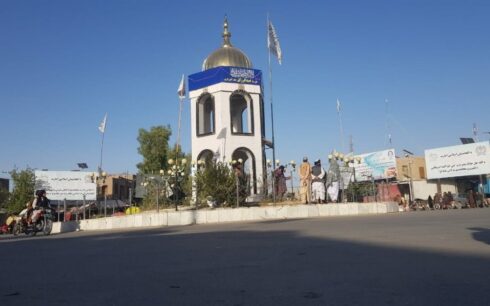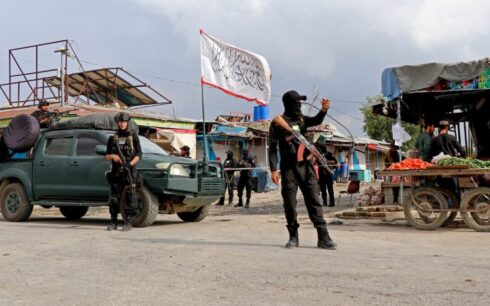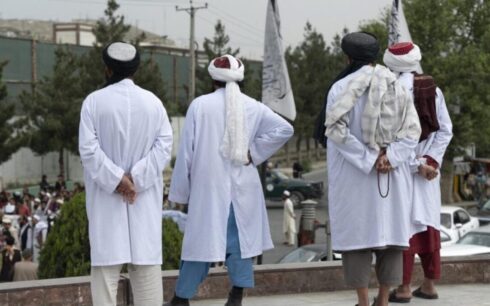Citizens and human rights defenders have expressed outrage at the UN Security Council’s decision to grant a temporary travel ban exemption for Sirajuddin Haqqani, the Taliban’s acting interior minister. Critics argue that the UNSC has compromised human rights values and justice by allowing such privileges for Taliban officials.
According to the UNSC, the exemption allowed Haqqani to travel to Abu Dhabi, United Arab Emirates, from June 21 to 25, 2024, to participate in meetings on regional security, stability, and reconciliation. However, human rights advocates contend that the UN must not ignore the demands of the people in its dealings with the Taliban.
“Sirajuddin Haqqani, involved in suicide bombings and the killing of thousands of Afghan citizens, must be brought to justice,” said Shabana Shabdiz, a women’s rights activist. “We demand justice and the prosecution of criminals at the global court of justice.”
Afghan citizens echoed these concerns. “We expect the international community to bring this criminal to justice,” said Shabnam, a resident of Kabul. Another Kabul resident, who wished to remain unnamed, added, “Those involved in murder should not be granted travel ban exemptions. They must be prosecuted.”
Haqqani remains on the FBI’s most-wanted list, with a $10 million bounty on his head. Both the UN and the U.S. consider him a notorious terrorist. The Haqqani network, a Taliban faction, has been blamed for numerous deadly attacks in Afghanistan. These include the May 2018 attack on Chaharahi Zanbaq, which killed over 150 people and wounded 400, and the March 2017 attack on Daud Khan hospital, which left over 30 dead.
Citizens assert that they cannot forget the severe casualties inflicted by these attacks. Haqqani himself, addressing a gathering in Kandahar, admitted that around 1,050 of his fighters had committed suicide bombings on his orders during the past two decades of conflict in Afghanistan.





